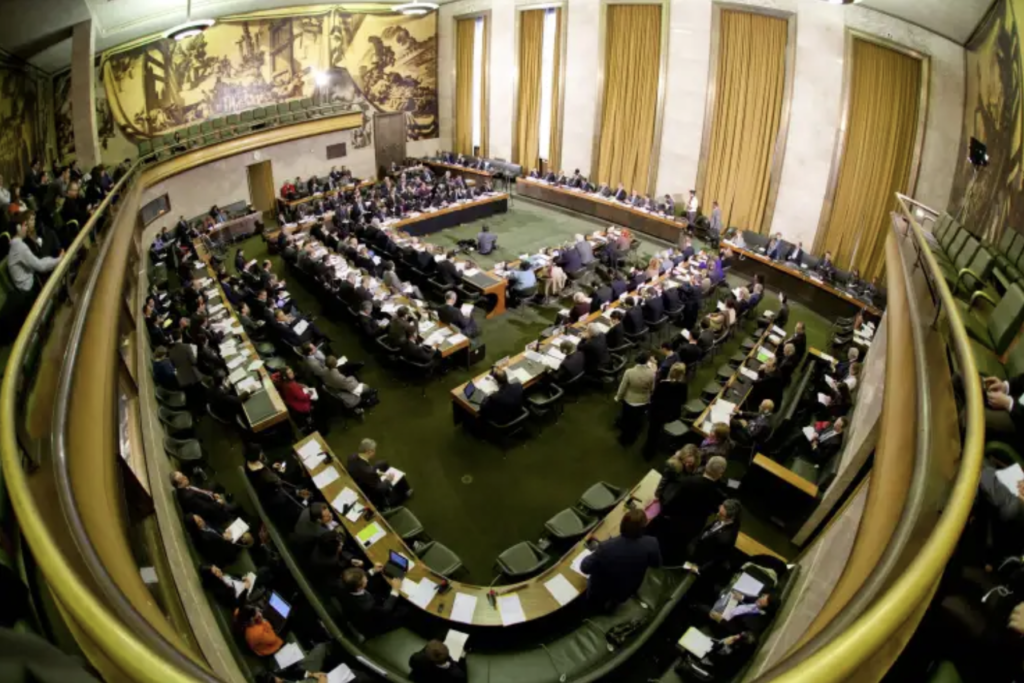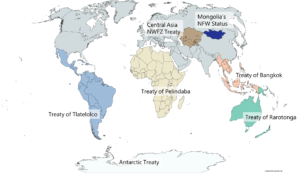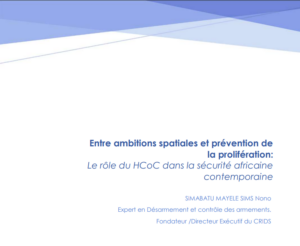Geneva outreach side event on HCoC 2015
18 March 2015
On 18 March 2015, the FRS organised, on behalf of the European Union, an outreach event in support of the HCoC and ballistic missile non-proliferation. This meeting took place at the Palais des Nations in Geneva, in the margins of the Conference on Disarmament.

AGENDA
WELCOMING REMARKS
- Camille GRAND, Director, Foundation for Strategic Research
- Jarmo SAREVA, Director, UNIDIR
OPENING REMARKS
- Andras KOS, Head, Disarmament, Non-Proliferation and Security, Permanent Delegation of the European Union to the International Organisations in Geneva
- María Antonia MASANA, Deputy Permanent Representative of Peru to the United Nations and other international organisations in Geneva
I/ ROUND TABLE 1: CURRENT & FUTURE CHALLENGES RELATED TO BALLISTIC MISSILE NON-PROLIFERATION AND ARMS CONTROL
- Camille GRAND, Director, Foundation for Strategic Research
- Dr. Pavel PODVIG, Senior Research Associate, UNIDIR
II/ ROUND TABLE 2: THE HCoC: UNIVERSALITY, IMPLEMENTATION & VISIBILITY
- Caroline WÖRGÖTTER, Counsellor (Disarmament), Permanent Mission of Austria to the United Nations in Geneva
- Alexandre HOUDAYER, Secretary General, Foundation for Strategic Research


